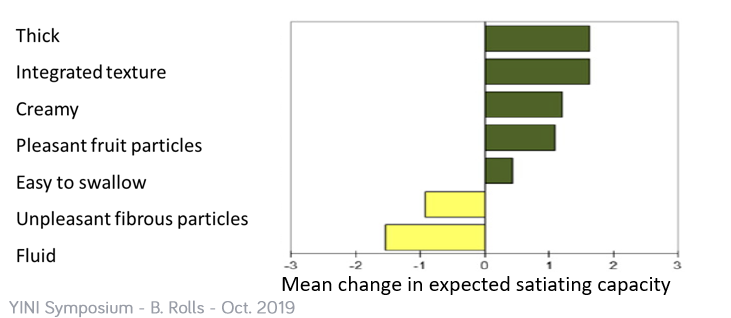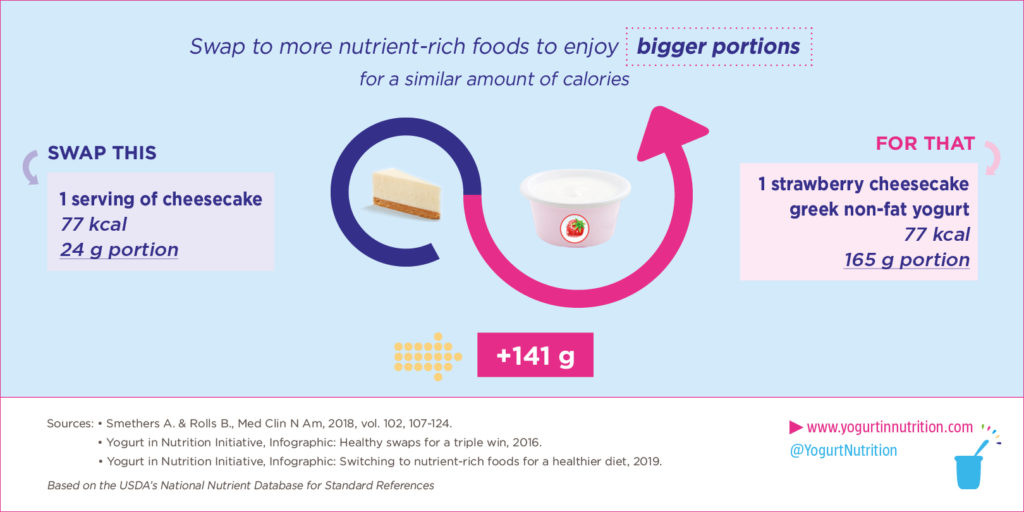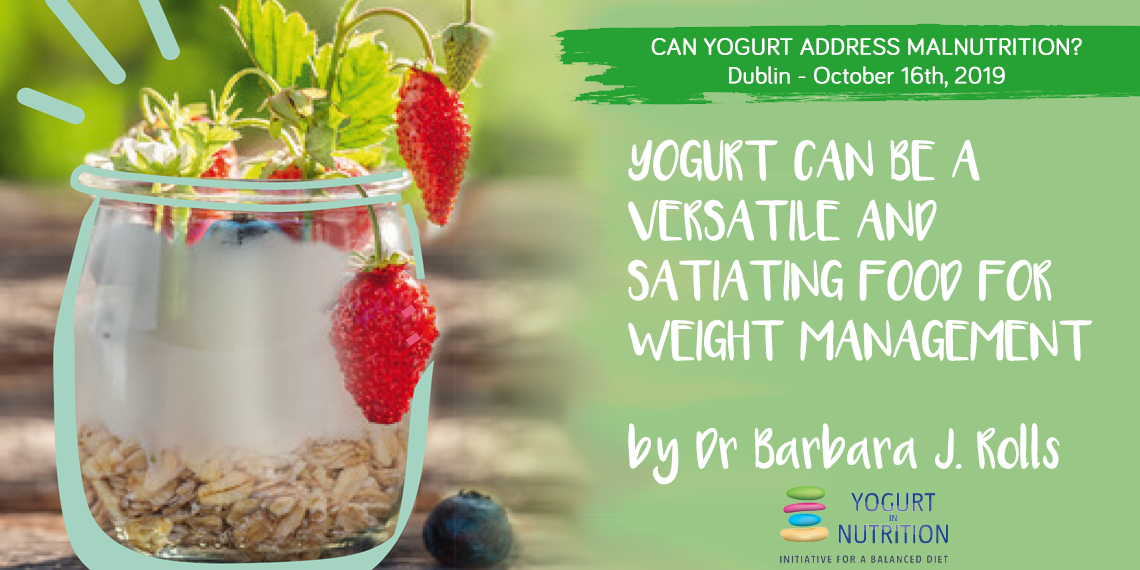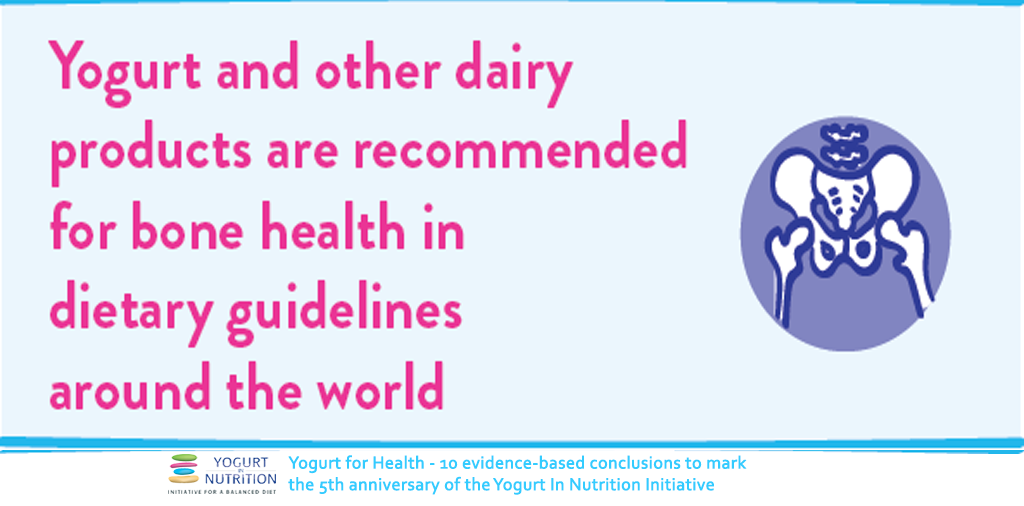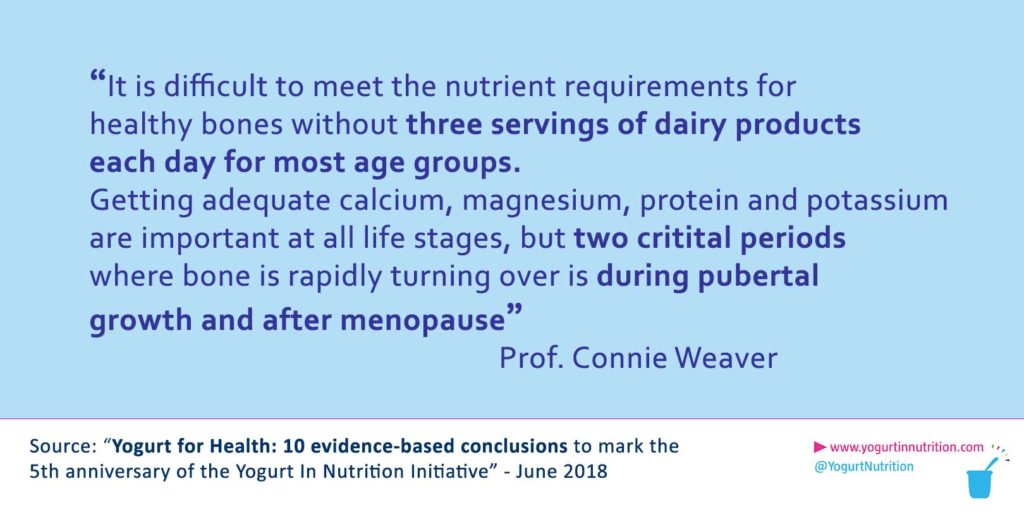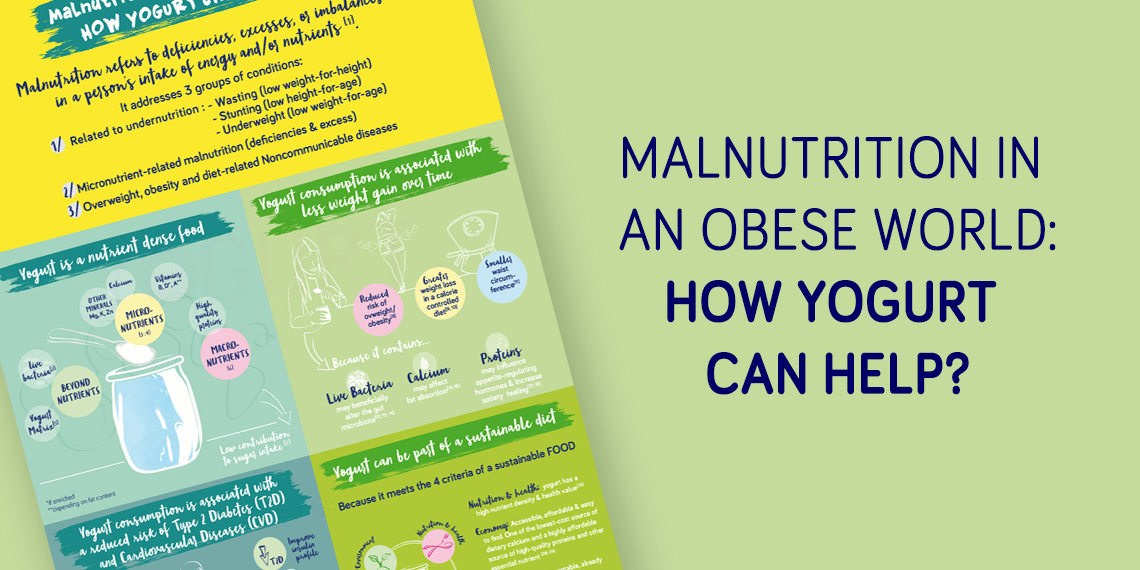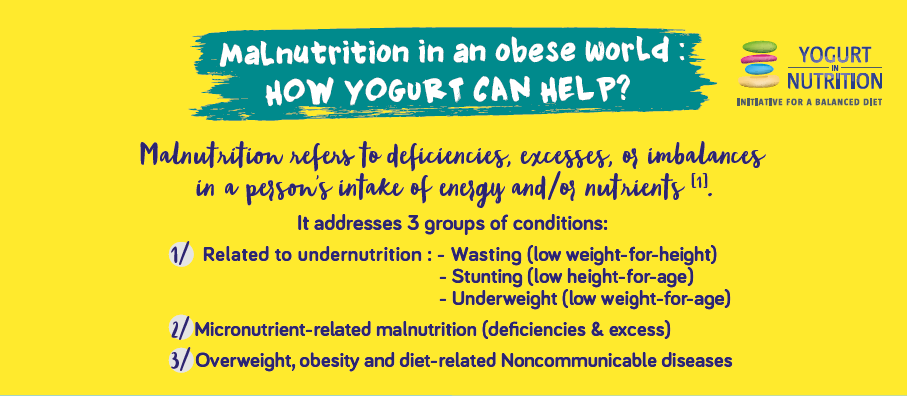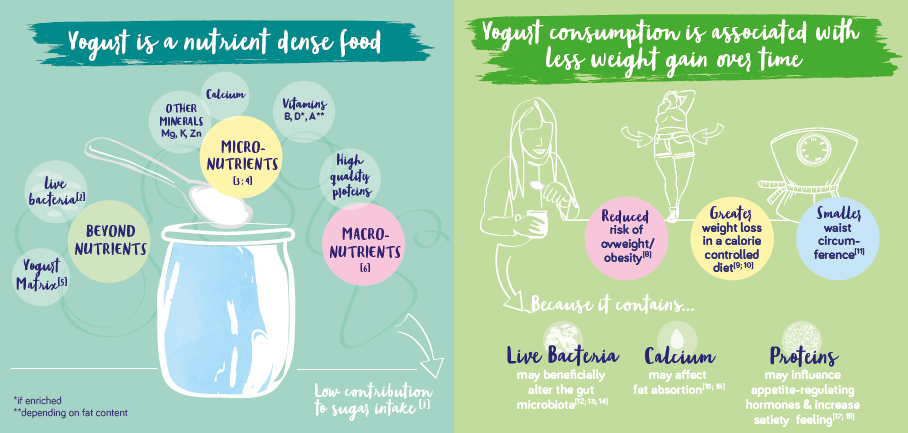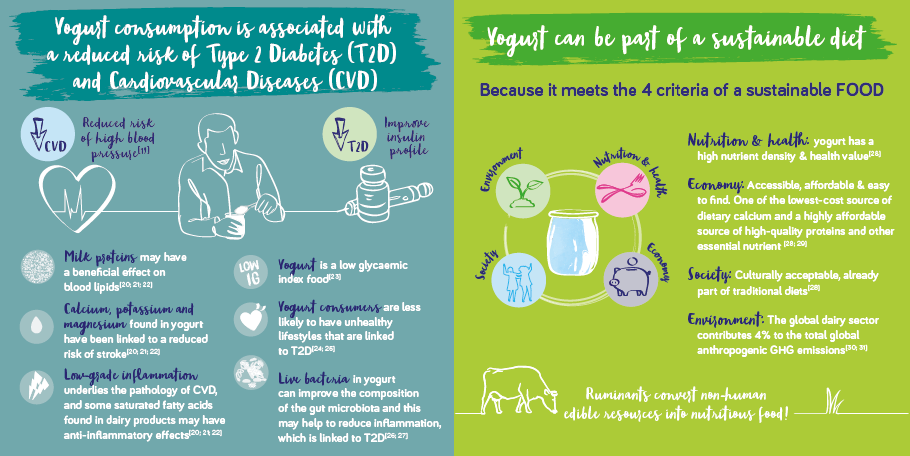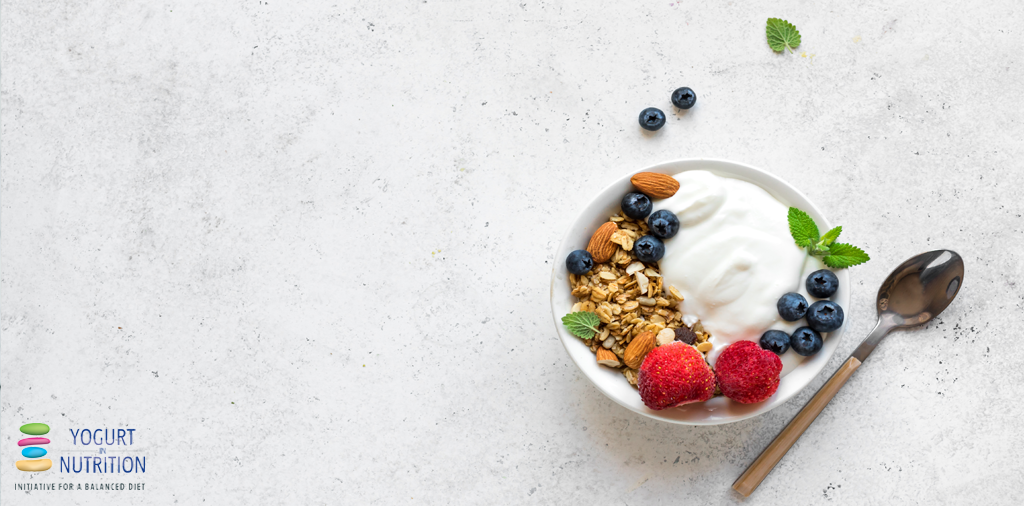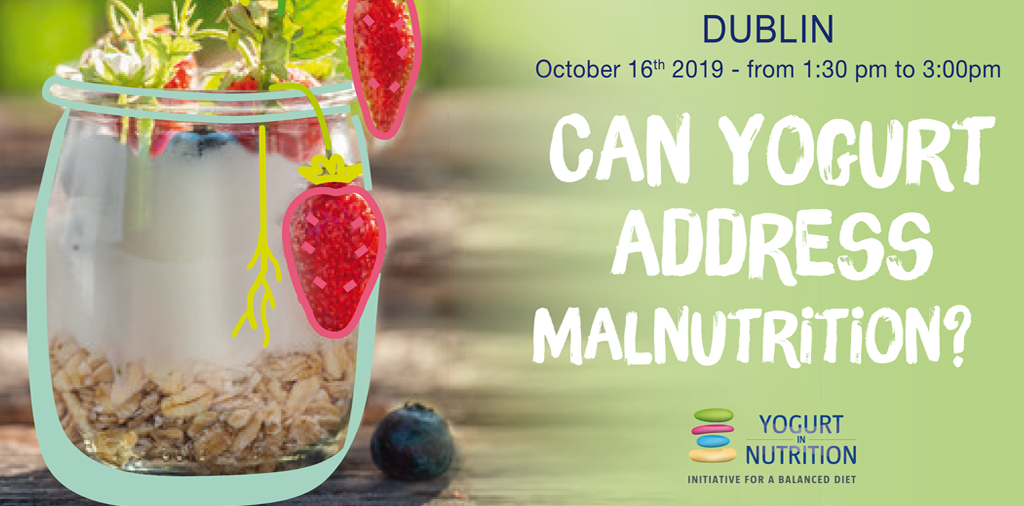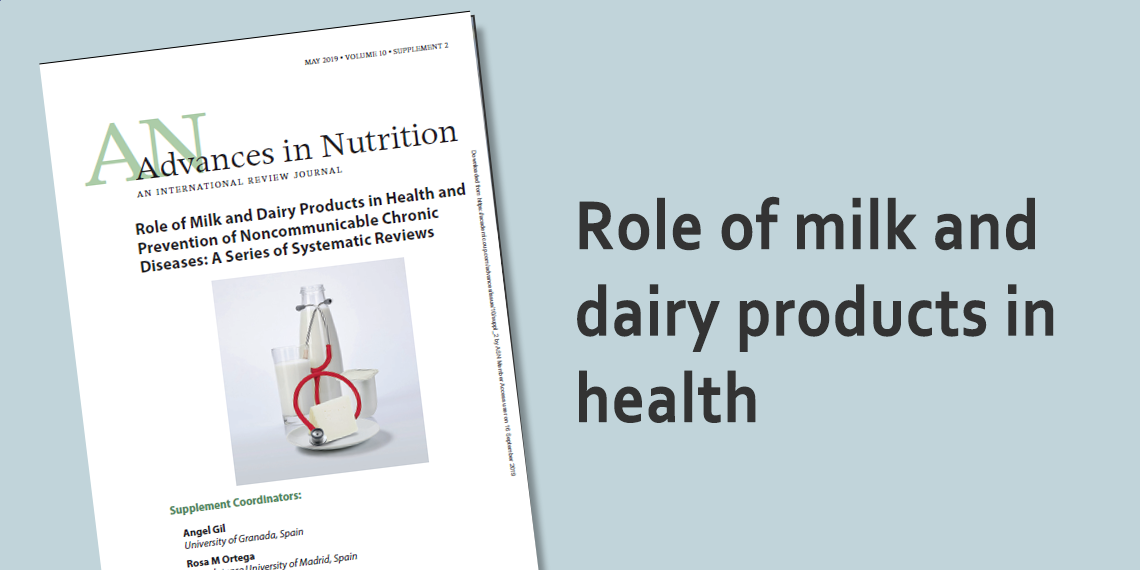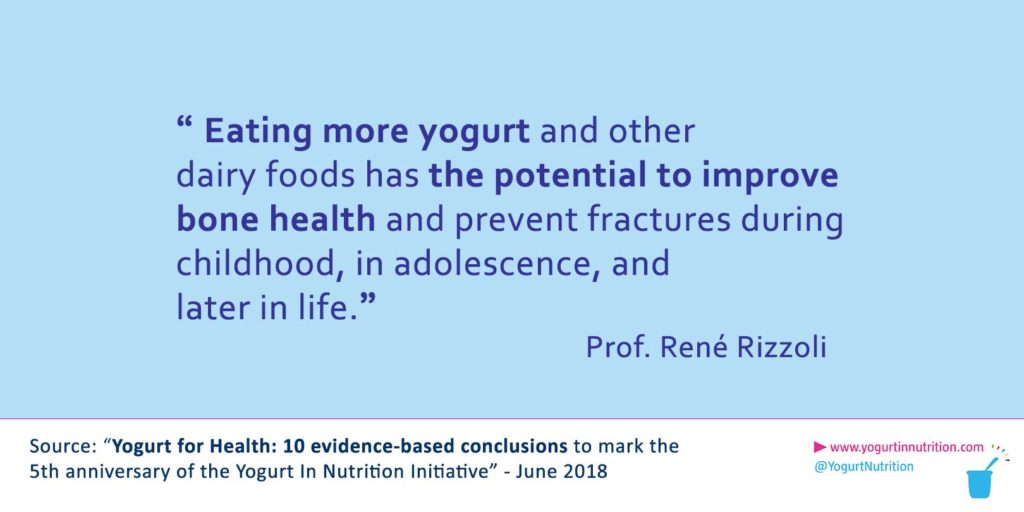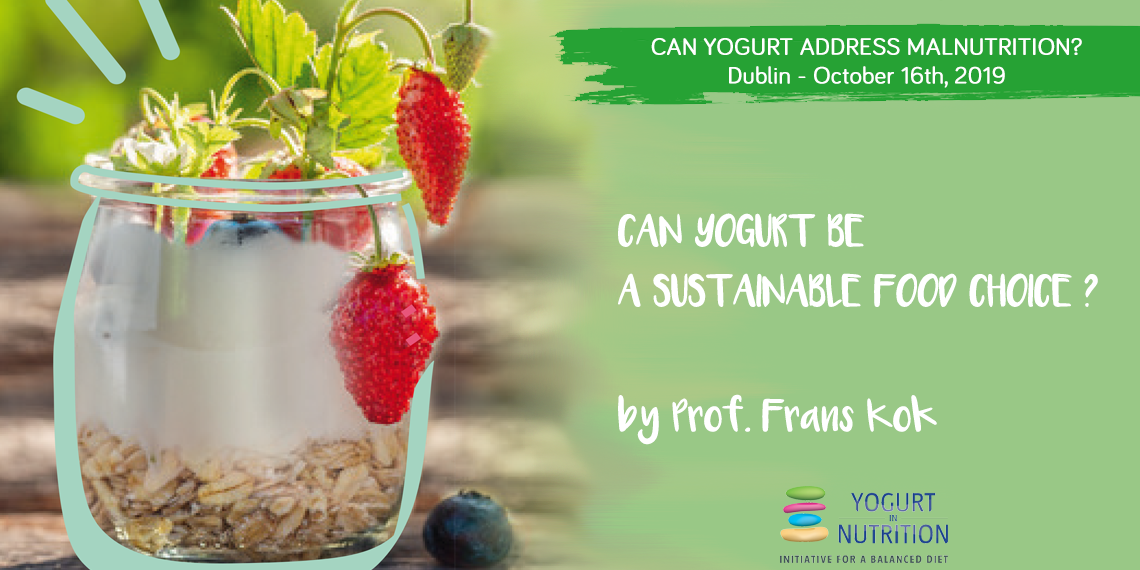“Milk and dairy product consumption” is the central of the 14 articles published recently in Advances in Nutrition. This supplement assesses and summarizes scientific evidences regarding the impact of dairy intake on health, all-cause mortality, and the prevention of diverse Noncommunicable Chronic Diseases (NCD). The following articles, mainly from meta-analyses of observational studies and randomized controlled trials (RCTs), show how a proper and adequate dairy product consumption at various stages of life can prevent various NCD such as colorectal cancer, type 2 Diabetes, cognitive decline, metabolic syndrome,…
Effects of Milk and Dairy Product Consumption on Pregnancy and Lactation Outcomes
Pregnancy and lactation are critical periods in terms of nutrition. This systematic review analyzes the influence of maternal milk and dairy consumption on pregnancy and lactation outcomes in healthy women and more specifically on the potential effects of the mother’s intake of dairy products on infant birth weight and length, fetal femur length, head circumference… Although the number and types of studies prevent definite conclusions, there appears to be a trend that maternal milk intake during pregnancy is positively associated with infant birth weight and length.
Ref.: Achón M. et al, Advances in Nutrition, 2019, 10 (S2): S74-S87
Effects on Height and Bone Mineral Content in Children
Milk and dairy products are particularly rich in proteins, calcium, and vitamin D, essential nutrients for growth and development. All the available evidence relating dairy product intake with linear growth and bone mineral content in childhood and adolescence have been confronted. This systematic review of controlled trials shows that supplementing the usual diet with dairy products can significantly increase bone mineral content during childhood.
Ref.: de Lamas C. et al, Advances in Nutrition, 2019, 10 (S2): S88-S96
Milk and Dairy Product Consumption and Risk of Mortality
In the last decade, the effects of dairy products on health have been questioned. This overview of systematic reviews and meta-analyses examines the association between dairy product consumption and all-cause mortality riskand did not show any association between dairy product consumption and risk of all-cause mortality.
Ref. : Cavero-Redondo I et al, Advances in Nutrition, 2019, 10 (S2): 97-104
Effects of Milk and Other Dairy Products on the Risk of Frailty, Sarcopenia, and Cognitive Performance Decline in the Elderly
Nutrition (esp. milk and dairy products) may contribute in the prevention of physical and cognitive impairment due to aging. An investigation on the effectiveness of dairy product intake for preventing cognitive decline, sarcopenia, and frailty in the elderly population has been conducted Indeed there was no clear relation established regarding cognitive decline. However, the consumption of dairy products (low-fat milk and yogurt especially) by older people may reduce the risk of frailty, and may also reduce the risk of sarcopenia (through the addition of nutrient-rich dairy proteins like ricotta cheese in the daily diet).
Ref. : Cuesta-Triana F. et al, Advances in Nutrition, 2019, 10 (S2): 105-119
Effects of Milk and Dairy Products on the Prevention of Osteoporosis and Osteoporotic Fractures
It is known that nutrition plays a role in bone health. The aim of the study here was to update the evidence regarding dairy intake, osteoporotic fracture risk, and prospective bone mass density evolution in European and non-Hispanic whites from North America, through a systemic review and meta-analysis. The highest consumption of dairy products did not show a clear association with the total osteoporotic or hip fracture risks but it could describe a diminution in risk of vertebral fracture.
Ref. : Matia-Martin P. et al, Advances in Nutrition, 2019, 10 (S2): 120-143
Dairy Product Consumption in the Prevention of Metabolic Syndrome
Previous meta-analysis have associated dairy products with a lower risk of metabolic syndrome (MS). Since then, new studies have been published. Indeed, this work confronts the epidemiologic studies regarding the associations between the consumption of dairy products (total, milk, yogurt, and cheese) and the incidence of MS. Findings suggest that the consumption of total and low-fat dairy products, milk, and yogurt is inversely associated with the risk of MS.
Ref: Mena-Sanchez G. et al, Advances in Nutrition, 2019, 10 (S2): 144-153
Effects of Milk and Dairy Product Consumption on Type 2 Diabetes
Dairy product consumption has been related to the incidence of Type 2 Diabetes (T2D). This overview of systematic reviews and meta-analyses aimed to examine the association between dairy product consumption and T2D risk. It shows that total dairy product consumption is associated with a lower risk of T2D, especially for yogurt and low-fat dairy, and dose-response analyses show that the T2D risk decreased by each unit increase in consumption of total and low-fat dairy products.
Ref: Alvarez-Bueno C. et al, Advances in Nutrition, 2019, 10 (S2): 154-163
Milk and Dairy Product Consumption and Cardiovascular Diseases
Milk and dairy products contain saturated fatty acids, which have been linked to increased risk of cardiovascular disease (CVD), coronary heart disease (CHD), and stroke. Current recommendations advice consumption of low-fat milk. However, these recommendations are seriously questioned. This study presents an overview of meta-analysis and systematic reviews, aiming to show how various doses of different dairy products affect the responses on selected biomarkers of CVD risk (blood pressure and blood lipids). This study states that the consumption of total dairy products does not adversely affect the risk of CVD whatever its fat content.
Ref: Fontecha J. et al, Advances in Nutrition, 2019, 10 (S2): 164-189
Association between Dairy Product Consumption and Colorectal Cancer Risk
Dairy product consumption may decrease colorectal cancer (CRC) risk. The aim of this review and meta-analysis was to examine the associations between dairy product consumption and CRC incidence. The studies showed a significant decrease in CRC risk associated with higher consumption of total dairy products and milk. Low-fat milk consumption was associated with a lower risk of CRC (restricted to colon cancer) and further studies on larger samples and longer follow-up periods are needed to determine if dairy product consumption affects CRC development.
Ref: Barrués L. et al, Advances in Nutrition, 2019, 10 (S2): 190-211
Milk and Dairy Product Consumption and Prostate Cancer Risk and Mortality
Milk and dairy product consumption has been associated with an increase in prostate cancer risk; however discrepancies have been observed in the literature. The main objective of this overview of systematic reviews and meta-analyses was to compile and discuss the evidence related to milk and dairy product consumption and prostate cancer risk and mortality. Although there are some data indicating that higher consumption of dairy products could increase the risk of prostate cancer, the analyses show no consistent evidence.
Ref: Lopez-Plaza B. et al, Advances in Nutrition, 2019, 10 (S2): 212-223
Milk and Dairy Product Consumption and Bladder Cancer Risk
This meta-analysis pools the risk of the association between milk and dairy products and bladder cancer. It suggests an increased risk of bladder cancer with high consumption of whole milk. It also shows a decreased risk of bladder cancer associated with medium consumption of total dairy products and medium/high consumption of milk and fermented dairy products.
Ref: Bermejo LM. et al, Advances in Nutrition, 2019, 10 (S2): 224-238
Milk and Dairy Product Consumption and Inflammation Biomarkers
Recent data have shown controversial results regarding the role of dairy products on inflammation process . However, the number of studies on the anti- and pro-inflammatory effects of milk and dairy products have considerably increased in the past 5 years. In this context, the aim of this systematic review was to evaluate the scientific evidence provided in the last 5 years on the effects of milk and dairy products on inflammatory biomarkers. Despites the heterogeneity of quality of the articles, the majority of studies showed a significant anti-inflammatory effect of milk and dairy products in healthy subjects or individuals with metabolic abnormalities.
Ref: Ulven SM. et al, Advances in Nutrition, 2019, 10 (S2): 239-250
Role of Functional Fortified Dairy Products in Cardiometabolic Health
There is insufficient evidence on the role of functional fortified dairy products in improving health and in preventing risk factors associated with noncommunicable chronic disease. This systematic review summarizes the effects of the consumption of fortified dairy products on biomarkers of cardiometabolic risk. The dairy products were fortified with phytosterols, Fatty Acids (FAs), vitamins or minerals. The analyses indicate that the consumption of dairy products fortified with phytosterols and ω-3 FAs can lead to a reduction of LDL-cholesterol; as the consumption of dairy products fortified with ω-3 FAs can reduce triacylglycerols concentration. More studies are needed to determine the advantages of using dairy products as fortification vehicles.
Ref: Soto-Méndez M. et al, Advances in Nutrition, 2019, 10 (S2): 252-271
The series of systematic reviews is available in Advances in Nutrition

